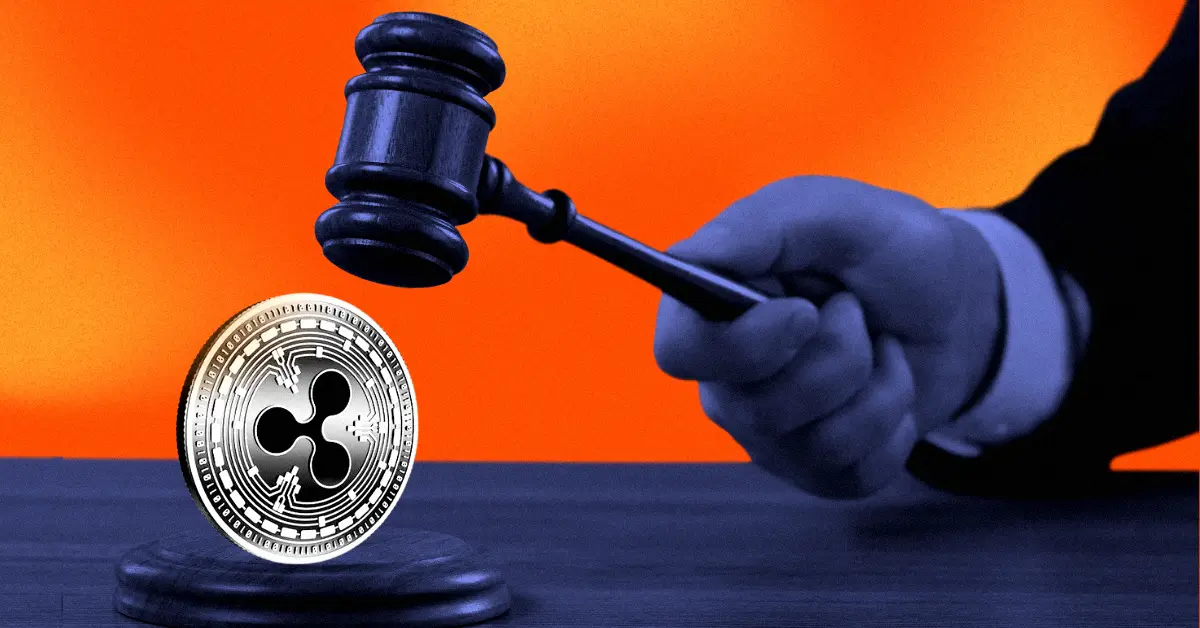
The Upcoming January Hearing: A Pivotal Moment
As the January 15 hearing draws near, the legal showdown between Ripple and the U.S. Securities and Exchange Commission (SEC) continues to capture attention. This case, pivotal for the cryptocurrency world, has spurred debates and discussions across various platforms.
Expert Opinions: John Reed Stark’s Perspective
John Reed Stark, a former SEC enforcement official known for his critical stance on cryptocurrencies, recently shared his insights on the matter during an appearance on the Docket Media LLC podcast. Stark scrutinized the historic Ripple decisions, emphasizing that the ruling does not offer comprehensive legal clarity and should be applied strictly to cases with similar factual backgrounds.
Stark argued that many people misinterpret the Ripple ruling, attributing this misunderstanding to a lack of thorough examination of the case details. He contended that Judge Torres made errors in her judgment, a sentiment echoed by other judges who have reviewed the case.
The Ripple Decision: A Dual-Aspect Ruling
The Ripple decision is characterized by its dual nature. Stark concurred with the ruling that the initial offering of XRP tokens to sophisticated investors necessitated registration as securities. This step was crucial to ensure investor protection. However, he expressed disagreement concerning the secondary market, where XRP is actively traded on exchanges.
Ripple Decision and the Resulting Ambiguity
Stark highlighted that the Ripple decision inadvertently created confusion. He pointed out that the absence of a direct relationship between Ripple and retail investors posed a challenge to investor protection, drawing parallels to stock investments where regulatory safeguards exist without direct contractual ties.
The decision’s ambiguity became apparent when pro-crypto entities began using it as a defense, arguing that tokens do not qualify as securities. In an effort to address this, the SEC pursued an interlocutory appeal to halt ongoing proceedings. However, the judge denied the SEC’s request, clarifying that the Ripple decision could not serve as a precedent unless identical circumstances were involved.
Conclusion: The Ripple Case and Its Broader Implications
The legal battle between Ripple and the SEC is not merely a courtroom confrontation but a significant event that may shape future cryptocurrency regulations. As the January hearing approaches, the outcomes of this case could set important precedents for how digital assets are perceived and regulated. Stakeholders across the financial and technological sectors continue to monitor developments closely, understanding that the ramifications extend far beyond the immediate parties involved.






